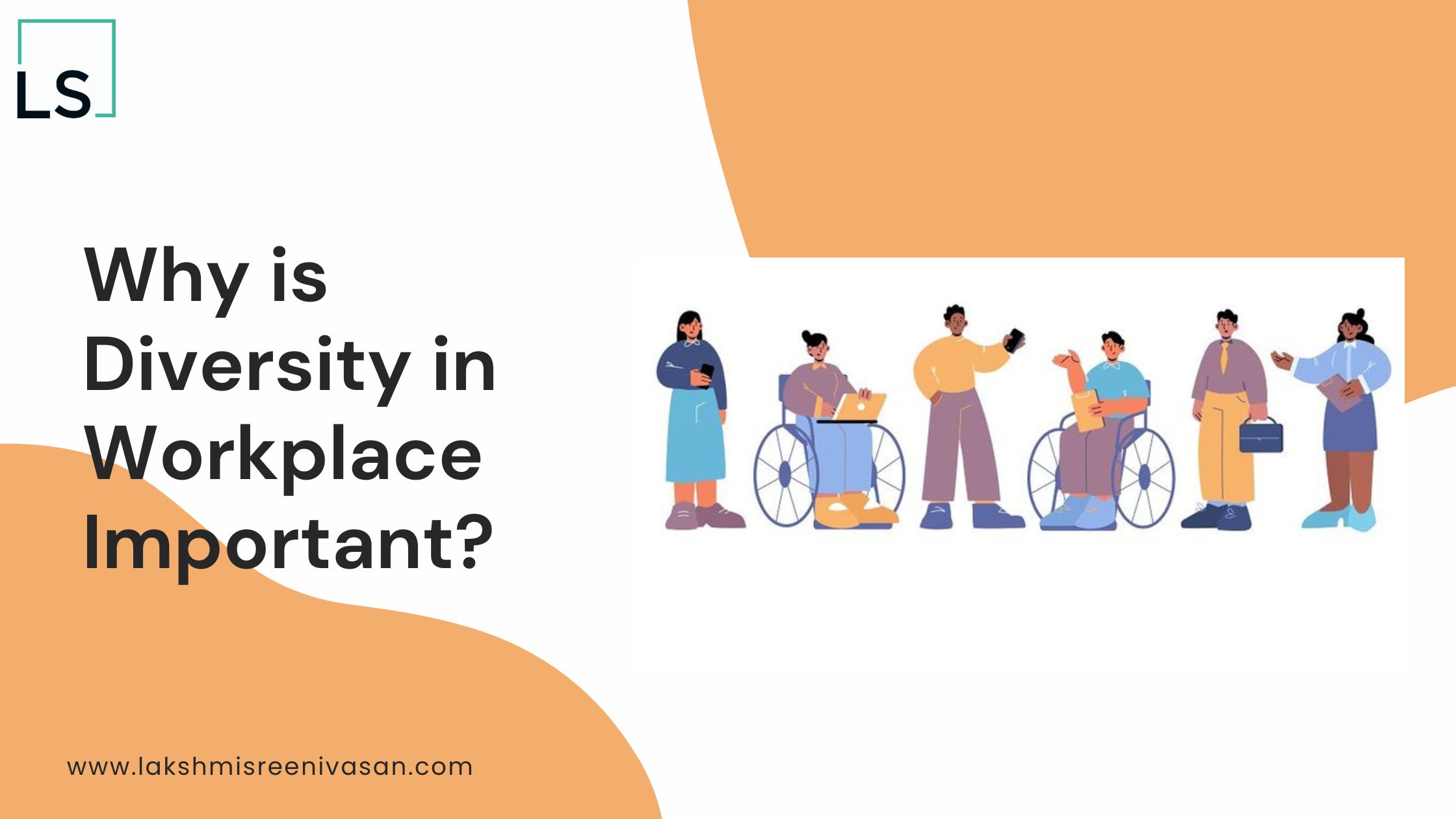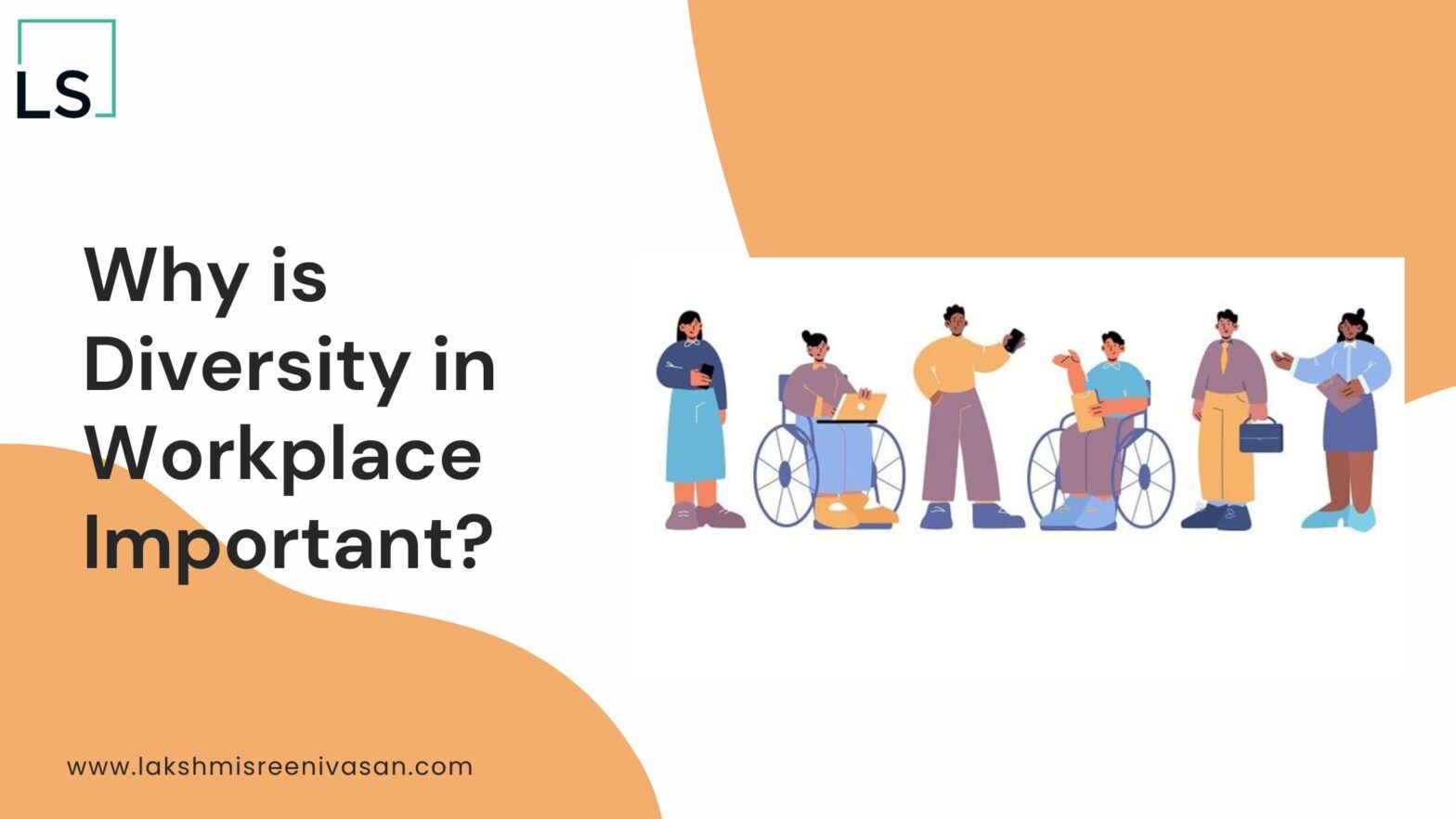
The Importance of Diversity in the Workplace cannot be overstated; well we are in the year 2023.
As a seasoned Organizational Development (OD) consultant with over two decades of experience across diverse industry domains, I have witnessed the firsthand transformation of organizations and the pivotal role that diversity plays in their success. In this blog, we will delve into why diversity in the workplace is so crucial and how it impacts both employees and organizations alike.
Understanding Diversity
Before we delve into the significance of diversity in the workplace, it’s essential to clarify what we mean by diversity. Diversity encompasses a wide range of factors, including but not limited to race, gender, age, ethnicity, religion, sexual orientation, disabilities, and more. Essentially, it’s about recognizing and valuing the differences in people, embracing their unique perspectives, and providing equal opportunities to all, regardless of their background.
Driving Innovation and Creativity
One of the primary reasons why diversity is vital in the workplace is its direct impact on innovation and creativity. When people from different backgrounds come together, they bring a wide array of experiences, ideas, and viewpoints to the table. This diversity of thought fosters a more innovative environment, as individuals with distinct perspectives can approach problems and challenges from different angles.
In a world that’s constantly changing, innovation is a critical driver for an organization’s success. Companies that promote diversity are more likely to develop new products and solutions that cater to a broader audience and remain competitive in a rapidly evolving market.
Enhancing Employee Engagement
Diversity not only promotes innovation but also has a significant impact on employee engagement. When employees see that their organization values diversity and fosters an inclusive environment, they are more likely to be engaged and committed to their work. An inclusive workplace makes employees feel respected, appreciated, and empowered, which, in turn, leads to higher job satisfaction and productivity.
Moreover, employees who feel that they can be themselves at work are more likely to stay with the company for the long term, reducing turnover rates and the associated costs of hiring and training new employees.
Expanding Market Reach
A diverse workforce better represents the customer base, and this alignment with the market can significantly benefit a company. Understanding the unique needs and preferences of a diverse customer base is essential for any business. With a diverse workforce, organizations are better equipped to create products, services, and marketing campaigns that resonate with various customer segments, thereby expanding their market reach and driving growth.
Strengthening Organizational Reputation
In an age of social media and heightened awareness, a company’s reputation is crucial. Embracing diversity sends a powerful message to the world that an organization is committed to equality and fairness. This not only attracts top talent but also earns the trust and loyalty of customers and partners who align with these values.
A strong reputation for diversity and inclusion can also serve as a differentiator in the competitive landscape, giving the company an edge over rivals who do not prioritize these principles.
Compliance and Legal Implications
The importance of diversity in the workplace is not solely about reaping benefits; it’s also about adhering to legal requirements and ethical standards. Many countries have laws and regulations in place that require organizations to maintain diversity and prevent discrimination. Non-compliance can result in costly legal battles, fines, and damage to the company’s reputation.
Adaptation to a Globalized World
As the world becomes increasingly interconnected, businesses often operate on a global scale. To thrive in this globalized environment, organizations must have a workforce that understands and can navigate the complexities of different cultures and markets. Diversity in the workplace provides the necessary cross-cultural competencies and perspectives that are vital for success in an international setting.
Addressing Unconscious Bias
Inclusivity and diversity programs also help address unconscious bias, which is a significant issue in many workplaces. Unconscious bias can lead to unfair hiring practices, unequal pay, and limited career advancement opportunities for certain groups. By promoting diversity, organizations can actively work towards eliminating these biases and ensuring a level playing field for all employees.
Fostering Learning and Growth
Diverse teams provide an environment where individuals continually learn from one another. Exposure to different perspectives and ideas challenges individuals to think outside their comfort zones, encouraging personal and professional growth. It cultivates an atmosphere of learning, adaptability, and open-mindedness, all of which are essential in a world characterized by rapid change and technological advancements.
Conclusion
In a world that is continually evolving due to technology and changing workforce dynamics, organizations must recognize the profound importance of diversity in the workplace. It is not merely a box to be checked, but a strategic imperative for fostering innovation, enhancing employee engagement, expanding market reach, strengthening the company’s reputation, and ensuring legal compliance.
As an experienced OD consultant, I have witnessed firsthand how diversity, when properly integrated into an organization’s culture, can be a driving force for transformation and success. It’s not just a matter of doing what is right; it’s a matter of doing what is necessary to thrive in the ever-shifting business landscape.
Diversity in the workplace is not just a slogan; it’s a reality that organizations must embrace to remain competitive and create a better future for all. So, let us continue to champion diversity, inclusivity, and equality, not just as a goal but as a way of doing business in a rapidly changing world.

